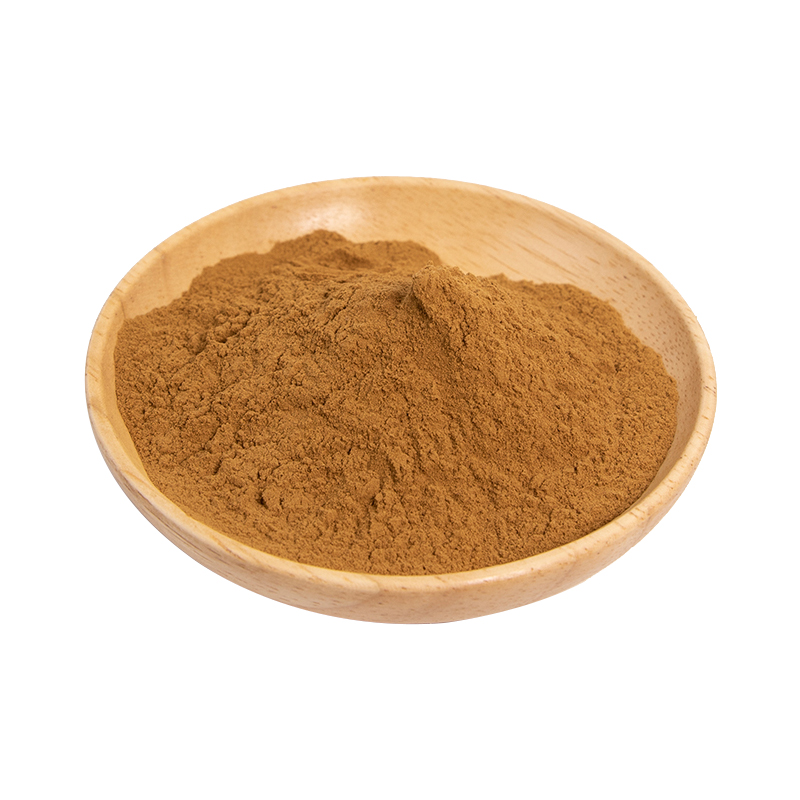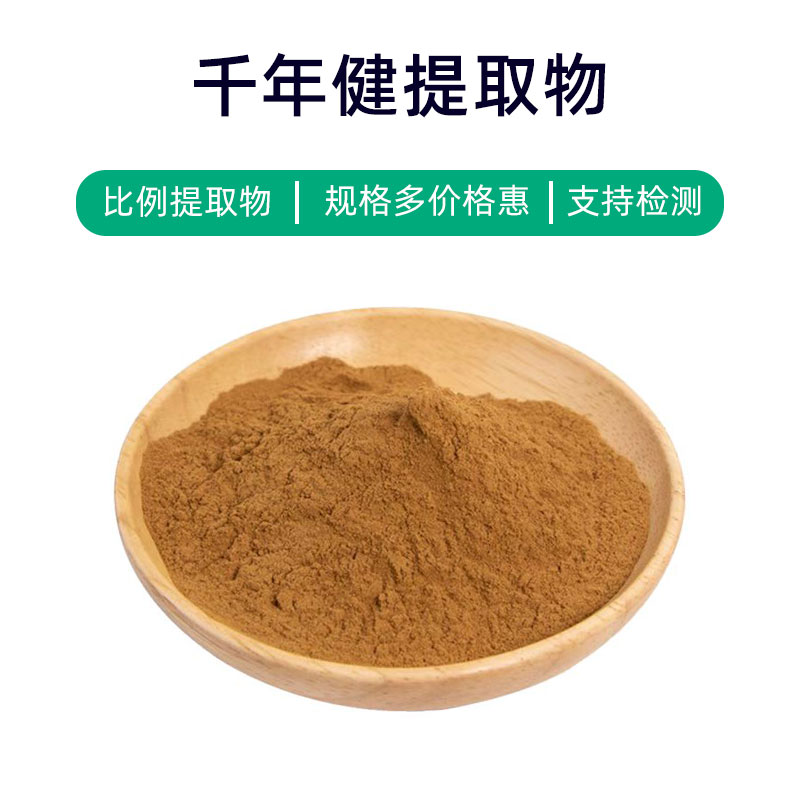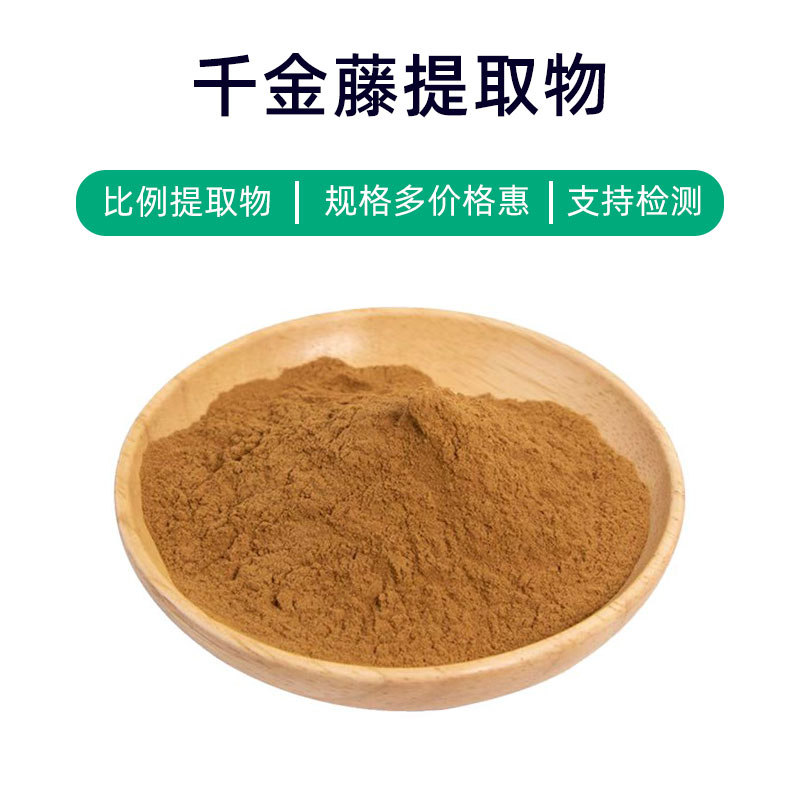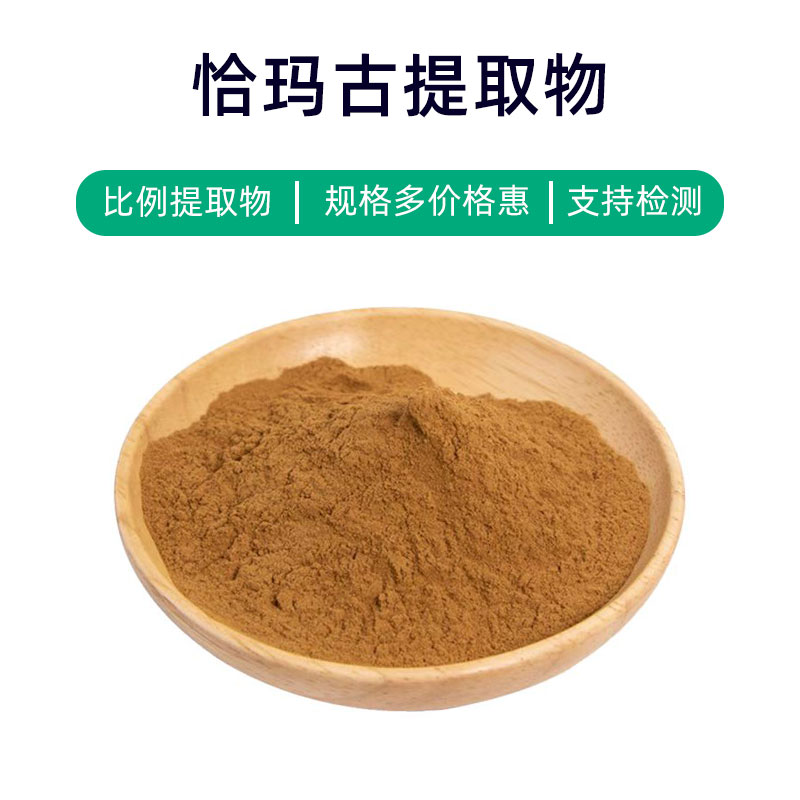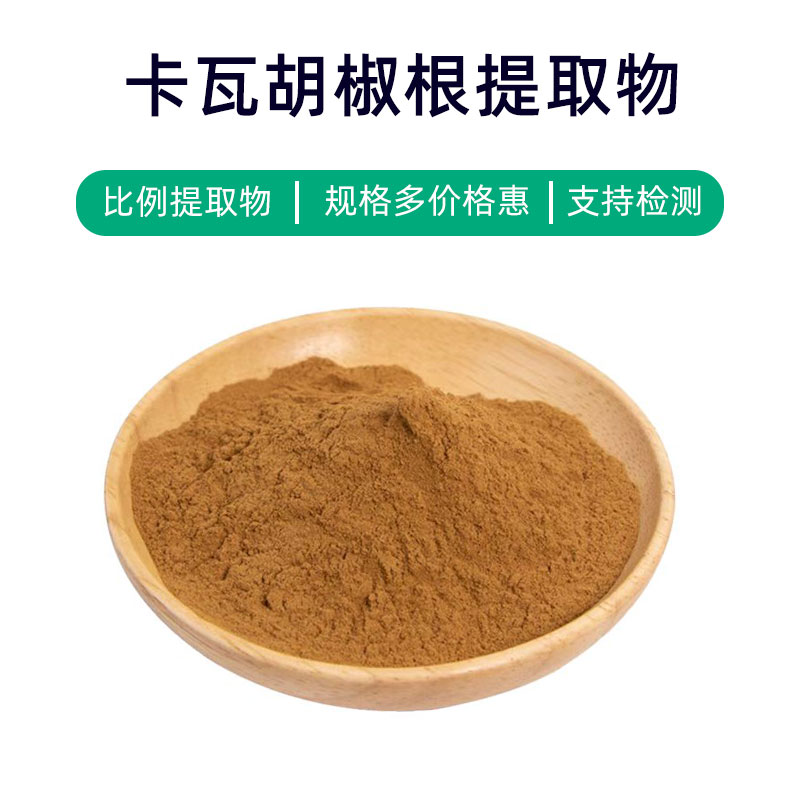Product Overview of Clove Extract
Clove extract is a natural plant extract obtained from the flower buds of the clove plant, with key active compounds like eugenol, clove acid, and clove ketone, giving it diverse applications and benefits.
Clove extract is extensively used in the medical field, known for its antibacterial and antiviral properties. It helps treat oral issues like bad breath and gingivitis. It is also utilized in oral care products, such as toothpaste and mouthwash, to maintain oral hygiene.
Beyond medicinal uses, clove extract finds applications in the food and seasoning industries. As a natural flavoring agent, it imparts a unique clove aroma to foods. Its antioxidant properties also make it a natural preservative to extend food shelf life.
In summary, clove extract offers antibacterial, antiviral, and antioxidant effects, making it suitable for pharmaceuticals, oral care, food, and seasoning applications.
Clove Extract Production Process
The production of clove extract typically involves these key steps:
- Raw Material Preparation: Fresh clove flower buds are gathered as the extraction source, harvested at optimal growth to ensure quality.
- Extraction: This crucial step generally uses steam distillation, a traditional method where active compounds are extracted from the flower buds through steam.
- Filtration and Concentration: Post-extraction, the material is filtered and concentrated to remove impurities and excess water, enhancing purity.
- Drying: The extract undergoes drying to convert it into powder or liquid, facilitating storage and transportation.
- Quality Control: Quality checks are conducted throughout, using HPLC and UV-Vis for consistent standards.
- Packaging and Storage: After passing quality inspection, the extract is sealed to avoid exposure to air, moisture, and light, preserving stability and effectiveness. Store in a cool, dry place, shielded from heat and sunlight.
Effects and Side Effects of Clove Extract
Clove extract is a commonly used herbal extract with multiple benefits:
- Antibacterial Properties: Contains eugenol and other active ingredients that inhibit bacteria, fungi, and viruses, helpful in preventing infections.
- Anti-inflammatory Effects: Helps alleviate inflammation, reducing pain and swelling in conditions like oral and skin inflammations.
- Pain Relief: Eugenol provides effective relief from headaches, toothaches, and joint pain.
- Antioxidant Properties: Rich in antioxidants, clove extract can neutralize free radicals, slowing cell aging.
- Digestive Aid: Promotes gastrointestinal movement and digestive secretion, alleviating indigestion and heartburn.
- Vasodilation: Improves circulation, lowers blood pressure, and supports cardiovascular health.
- Respiratory Relief: Offers decongestant and cough-suppressing benefits, aiding in treating colds and coughs.
- Oral Health: Acts as a natural cleanser and deodorizer for oral hygiene, preventing cavities and ulcers.
Precautions:
- Use according to medical guidance or label instructions; avoid excessive use.
- Discontinue use if an allergic reaction occurs.
- Pregnant and breastfeeding women, and children should consult a doctor before use.
- Long-term, high doses may impact liver and kidney health.
Application and Dosage of Clove Extract
Clove extract is widely applicable in pharmaceuticals, food, and cosmetics:
- Pharmaceuticals: Used in oral or topical medications for antibacterial, anti-inflammatory, pain-relief, and digestive aid purposes.
- Dosage: Follow the recommended formula for oral drugs; apply ointments as needed.
- Food: Functions as a flavor and natural preservative, providing a distinct taste and prolonging shelf life.
- Dosage: Use in small quantities per recipe or food formula.
- Cosmetics: Incorporated into skincare products for anti-aging and anti-inflammatory benefits, as well as oral care products like toothpaste.
- Dosage: Use in low concentrations according to product specifications.
Source Plant, Distribution, and Growth Environment of Clove
Clove extract is derived from the clove tree (*Syzygium aromaticum*), a valuable medicinal plant with extensive applications:
Overview of the Clove Tree:
The clove tree, also called clove wood or clove laurel, is a member of the Myrtaceae family, with evergreen leaves and fragrant buds used for extraction.
Distribution:
Native to Indonesia's Maluku Islands, the clove tree now grows in tropical regions such as Malaysia, India, Sri Lanka, Madagascar, and East Africa.
Growth Environment:
- Climate: Thrives in warm, humid tropical and subtropical climates with annual temperatures of 20-28°C and rainfall of 1500-2500 mm.
- Soil: Prefers fertile, well-drained sandy loam, though it adapts to clay and sandy soils.
- Sunlight: Grows well in full sunlight but tolerates partial shade, ideal for slopes, riverbanks, and valleys.
- Water Needs: Requires high moisture, but well-drained soil to prevent waterlogging.
- Altitude: Grows at elevations between 0-1500 meters.
The clove tree is a fast-growing evergreen, producing fragrant buds suitable for high-quality clove extract production in a stable, tropical environment.
Monica Sun is a seasoned expert in the plant extraction industry with over a decade of experience in research and production. She specializes in the extraction and purification of plant active ingredients, focusing on driving innovation in natural product applications. Monica has participated in the development of multiple functional plant extracts, delivering high-value natural raw material solutions for the health food, pharmaceutical, and dietary supplement sectors.









